Expat cities are meltings pots of diverse cultures, and its international schools reflect this dynamic mix of nationalities, languages, and traditions. Schools in Singapore, Abu Dhabi Dubai, Kuala Lumpur, and Bangkok are intentional about preparing students to thrive in a globally connected world.
For Third Culture Kids (TCKs)—children who blend their parents’ culture with that of their host country—relocating is not a one-time experience but an ongoing reality. While these children often develop adaptability and resilience, they also face challenges such as identity formation, social integration, and academic continuity. Schools that offer sustained support can positively impact their emotional well-being and, therefore, academic success.
The Importance of Long-Term Support for TCKs
Recent research highlights that while TCKs develop strong intercultural competence and global awareness, they are also more susceptible to feelings of rootlessness and identity struggles (Pollock & Van Reken, 2017). Schools that integrate long-term pastoral care and social-emotional learning frameworks help these students navigate their evolving sense of self more effectively.
As an education consultant at ED-SG, I’ve worked with many families navigating complex transitions. A smooth relocation isn’t just about logistics—it’s about ensuring children feel seen, supported, and understood in their educational environment. The right school doesn’t just help a child settle in; it provides continuous support that allows them to thrive throughout their education.
What to Look for in a School that Supports Third Culture Kids
While many schools offer excellent induction programs, TCKs need more than just a welcoming start. They need schools that actively nurture their development long after the initial adjustment period. Here’s what to look for:
1. A Strong Pastoral Care System
- Schools should have designated pastoral care teams, including school counselors, well-being coordinators, and mentors who check in on students regularly—not just during major transitions.
- Look for peer mentorship programs where older students, particularly those who have also experienced international moves, can guide and support younger TCKs.
- A culture of openness is key—schools that normalise discussions about identity, belonging, and mental health help students navigate the challenges of being globally mobile.
2. Academic Continuity and Curriculum Flexibility
- International schools that offer globally recognized curricula (such as the IB, British, or American systems) provide smoother transitions for students moving between schools worldwide.
- Schools should have academic bridging programs, ensuring that students transitioning between curricula (e.g., from the IB PYP to a British Key Stage system) don’t experience learning gaps.
- Some schools offer personalised learning pathways or flexible subject choices, allowing students to align their education with previous learning experiences and future goals.
3. A Community that Encourages Long-Term Friendships
- Schools with cultural exchange programs, international days, and global citizenship initiatives help TCKs develop a sense of belonging.
- Alumni networks and international student societies create lasting connections, ensuring that friendships extend beyond school years and across geographical moves.
- Look for schools that actively foster collaborative learning environments, where students from diverse backgrounds work together on projects that reflect global perspectives.
Choosing a School That Grows with Your Child
At ED-SG, we don’t just look for schools that help children transition well—we seek out institutions that foster a sense of belonging and academic consistency at every stage. Choosing the right school isn’t just about academic excellence; it’s about ensuring a child can thrive socially and emotionally, no matter how many times they relocate.
For Third Culture Kids, the journey doesn’t end when the moving boxes are unpacked. Their world is constantly shifting, and they deserve an education that moves with them. If your family is preparing for a move, let’s find a school that will support your child—through every transition and beyond.
By Lauren Hughes, Education Consultant at ED-SG






